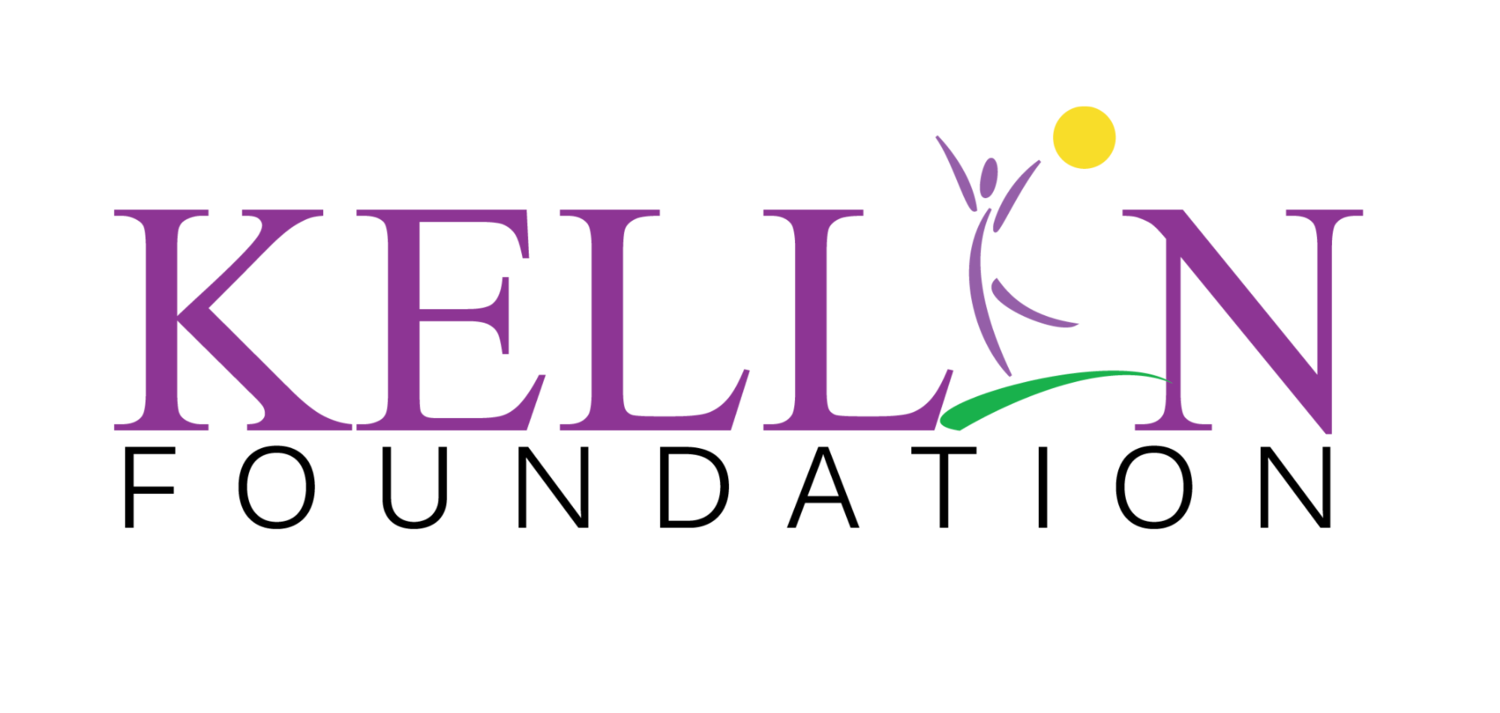Mental Health and the LGBTQ Community: Challenges and Support Systems
As awareness grows around the unique mental health challenges faced by the LGBTQ community, it becomes evident that, despite significant societal progress, many LGBTQ individuals still grapple with high levels of stress, discrimination, and isolation. The Kellin Foundation is committed to addressing these issues directly and providing robust support systems to promote mental well-being for everyone.
Understanding the Challenges
LGBTQ individuals often encounter discrimination in various areas of their lives, from workplaces to schools, and even within their own families. A 2017 survey by the Center for American Progress found that 25.2% of LGBTQ respondents experienced discrimination in the year prior, with 11.5% reporting that discrimination negatively impacted their psychological well-being. This pervasive stigma can lead to feelings of shame, guilt, and self-doubt, which significantly impact mental health.
Rejection from families and communities can lead to social isolation for many LGBTQ individuals. Research published in the National Library of Medicine shows that family rejection during adolescence is associated with an 8.4 times greater likelihood of attempting suicide, 5.9 times greater risk of depression, and 3.4 times greater risk of illegal drug use. The absence of a supportive network can intensify feelings of loneliness and depression.
LGBTQ youth are particularly vulnerable to bullying and harassment in school settings. According to the 2019 National School Climate Survey conducted by GLSEN, 86.3% of LGBTQ students experienced harassment or assault based on personal characteristics. This can lead to a range of mental health issues, including anxiety, depression, and in severe cases, suicidal ideation. LGBTQ youth are more than three times as likely to attempt suicide compared to their heterosexual peers.
Disparities in healthcare access and quality often result in LGBTQ individuals receiving inadequate mental health care. Research in the American Journal of Public Health highlights that LGBTQ individuals are less likely to have health insurance and more likely to face healthcare discrimination. Fear of discrimination by healthcare providers can also deter them from seeking necessary help. The 2015 survey by the National Center for Transgender Equality reported that 33% of transgender individuals had at least one negative experience with a healthcare provider related to their gender identity.
The Importance of Support Systems
Mental health services that are inclusive and affirming of LGBTQ identities can provide a safe space for individuals to express themselves and receive the care they need. Studies show that LGBTQ-affirming therapy can significantly reduce symptoms of depression and anxiety.
Connecting with others who share similar experiences can be incredibly validating and empowering. Peer support groups offer a sense of community and belonging, which can reduce feelings of isolation and lead to improved mental health outcomes and reduced substance use.
Educational programs that promote understanding and acceptance of LGBTQ individuals can help reduce stigma and discrimination. These programs can be implemented in schools, workplaces, and community organizations. The National Institutes of Health (NIH) emphasizes that educational interventions can lead to greater acceptance and lower rates of bullying and discrimination.
Family acceptance plays a critical role in the mental health of LGBTQ individuals . Familial acceptance is associated with higher self-esteem, better overall health, and lower levels of depression, suicidal ideation, and substance abuse.
Advocacy for legal protections against discrimination is essential. Ensuring that LGBTQ individuals have equal rights and protections under the law can significantly reduce the stress and anxiety associated with living in a discriminatory environment. Legal protections, such as anti-discrimination laws, correlate with better mental health outcomes for LGBTQ populations.
Our Commitment
At the Kellin Foundation, we are committed to supporting the mental health of the LGBTQ community through a variety of initiatives. We offer inclusive mental health services, support groups, and educational programs designed to foster understanding and acceptance. Additionally, we advocate for equitable policies that protect the rights and well-being of LGBTQ individuals.
By promoting understanding, providing support, and advocating for change, we can help ensure that all individuals, regardless of their sexual orientation or gender identity, have the opportunity to thrive. Let’s work together to build a community where everyone feels valued, supported, and empowered.

